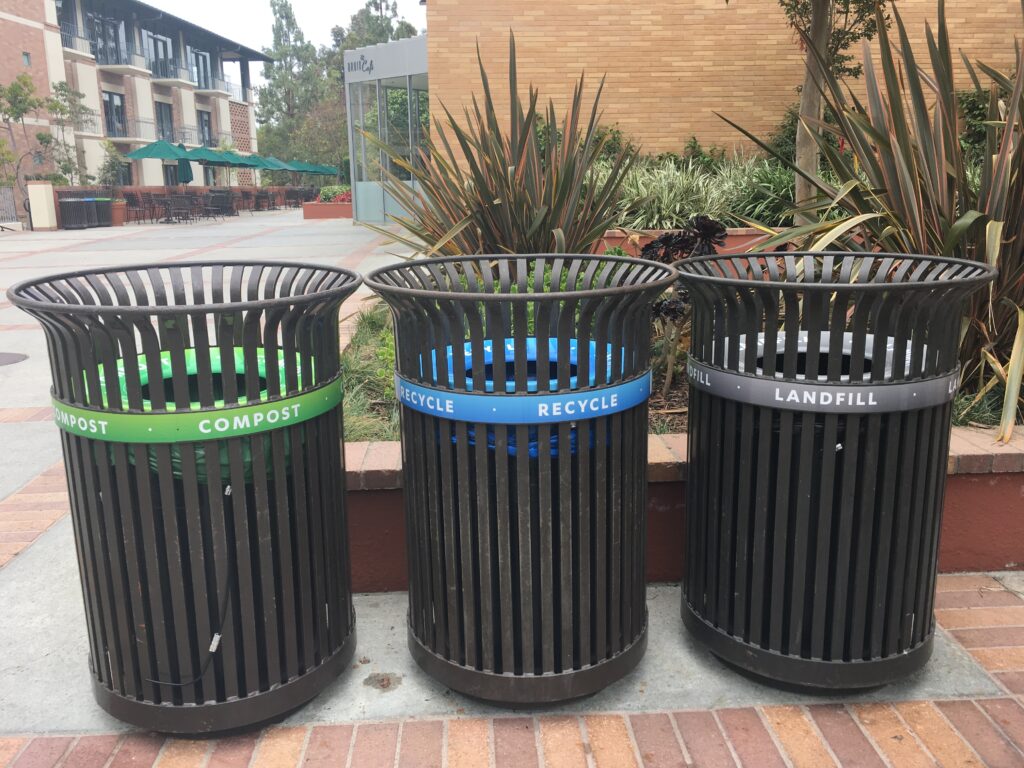Event 1 - Jayden Perry
EVENT 1: OCTOPUS MANDALA: the butterfly effect
For my first event, I attended Professor Vest's Octopus Mandala performance at Santa Monica Beach. This event was one of many performances that captured the them Swept Away: Love Letter To A Surrogate. By talking to people at this event, I found out how these performances were "letters" that were going to be sent to the east coast writers, as east coast writers sent these letters to west coast writers the previous year. I attended this event because I love the ocean and the beauty it brings to this world, which is why it’s more important than ever to be educated on its species and what we can do to protect it.
We can really see the issue of plastic in our oceans displayed with the Great Pacific Garbage Patch, which is "the largest accumulation of ocean plastic" (The Great Pacific Garbage Patch • The Ocean Cleanup) in the North Pacific Ocean. Over 2 million tonnes of plastic find their way into the ocean every single year leaving the patch to cover 1.6 million square kilometers. This grand width only gets bigger and bigger with each plastic bottle, container, etc, that we litter or recycle wrong. This is where the butterfly effect ties into plastic waster getting into the ocean. We think that we aren't doing anything wrong by littering a single plastic object, when in reality that one plastic object can play a role in a much bigger role in a negative way.
UCLA has implemented the single use plastic policy that, “aims to prohibit or eliminate the purchase and use of various single-use plastics so the University can switch to more sustainable alternatives." (UCLA Single-Use Plastics Policy Implementation Guide). By using single-use plastics, they are able to introduce the ideas of using reusable items and waste reduction. UCLA has also impleneted this policy by replacing plastic utensils with wood or bamboo utensils. In addition, UCLA has placed trashcans every 100 feet or so which is clearly labelled as landfill, recycle, and compost to try and help the distributionof trash as well as the recycling of plastic.
Resources
“Composting and Recycling.” UCLA Sustainability, https://www.sustain.ucla.edu/housing/dining-green/composting-and-recycling/.
Hallisey, Karen. “UCLA Launches Zero Waste Campaign to Help Increase Sustainability Efforts on Campus.” UCLA, UCLA, 3 Mar. 2022, https://newsroom.ucla.edu/stories/ucla-launches-zero-waste-campaign-to-help-clean-up-campus.
“The Great Pacific Garbage Patch • The Ocean Cleanup.” The Ocean Cleanup, 6 Sept. 2022, https://theoceancleanup.com/great-pacific-garbage-patch/.
“Marine Plastic Pollution.” IUCN, 20 July 2022, https://www.iucn.org/resources/issues-brief/marine-plastic pollution#:~:text=Impacts%20on%20marine%20ecosystems,stomachs%20become%20filled%20with%20plastic.
“UCLA Single-Use Plastics Policy Implementation Guide.” UCLA Sustainability, 31 Mar. 2022, https://docs.google.com/document/d/1HtB7y7cBVjnpvGXCp-lIg5t9ig5sECxFhtkZXmye-n8/edit
Watson, TJ, director. The Great Pacific Garbage Patch . YouTube, 8 Dec. 2019, https://youtu.be/MnCbTTTi7ic. Accessed 25 Apr. 2023.





Comments
Post a Comment